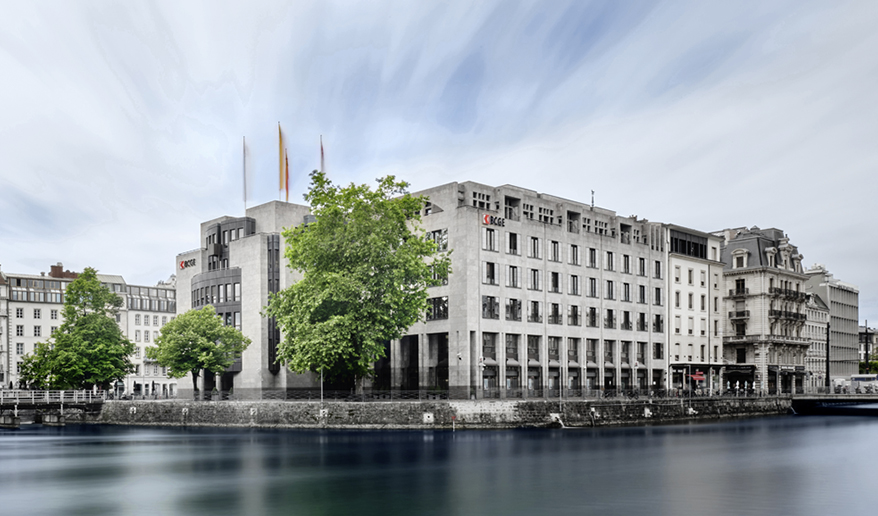About Us

In short
Founded in 1816, Banque Cantonale de Genève (BCGE) plays a vital role in supporting and boosting the regional economy. BCGE is a universal and commercial bank whose primary mission is to contribute to the economic development of Geneva and its region. To do so, it offers a full range of banking services to individuals, businesses - from SMEs to multinationals - and institutions.
Thanks to its solid roots in a canton with a strong international influence, BCGE offers its clients a wide range of services locally: day-to-day banking services, Private Banking, Asset Management, Pension Planning, Financing (mortgages; loans to companies and public authorities; Import/Export), Trading Room, Financial Engineering, Corporate Finance (evaluation and transfer of companies; private equity) and Global Commodity Finance.
BCGE is a well-capitalised, sound bank, combining its diverse business lines with innovation and transparency, making it a reliable partner for its clients. The BCGE Group with more than 800 employees and a network of 21 branches in Geneva, offering numerous online services and a range of specialised services in Lausanne, Zurich, Basel, Lyon, Annecy and Paris, as well as representative offices in Dubai and Hong Kong. The BCGE is listed on the SIX Swiss Exchange, the Swiss stock exchange (Authorised share no. 35 049 471).
The Business Model
A diversified business model that reflects the Geneva economy
BCGE's corporate strategy is focused on long-term and sustainable success. It is active on behalf of individuals and companies - from SMEs to multinationals - and institutions. BCGE's business model is based on a core of traditional activities, which still play an important role today, and it has undergone regular changes, leading to a widening of the bank’s expertise and abilities. The changes have been implemented to offer a complete and competitive range of services. These strategic choices have enabled a steady growth in financial results.
A financial policy aimed at sustainability
In order to be able to offer competitive solutions to an extremely diverse clientele, the bank develops specific business lines, organised into strategic activity portfolios. BCGE’s business model is that of a universal bank. The main financial objective is the steady increase in the bank's value based mainly on organic and qualitative business growth (the incremental growth business model). Strategic decisions and operational management prioritise long-term growth in the bank’s equity value (reflected by market capitalisation), even if this is at the expense of short-term profitability. The aim is to avoid underinvestment or an excessively high-risk profile, and to not undermine the bank’s ethical conduct in any way.
A solution adapted to each market segment
The bank calibrates its business lines, commercial policy and resources on the basis of a detailed study of markets and an evaluation of how accessible these are and what potential they have. Five of the bank’s fourteen business lines focus on individuals, which account for one-third of the bank’s total income: day-to-day banking services, wealth management, savings and pension planning, private banking and private financing. Of the eight business lines devoted to companies and institutions, four are credit-related. These are corporate finance, commercial real estate, public finance and trade finance. The remaining business lines are strategic financial advice, financial markets, services to institutional investors, banks and insurance companies. The fourteenth business line creates and manages investment funds.
Two-thirds of the Group’s turnover is generated with companies and public and private institutions
The bank manages this portfolio of business areas with the aim of optimising the profitability/risk ratio of each, while fostering operational synergies among them. The bank maximises use of its available equity, while ensuring its continued existence with a safety margin defined in the regulatory and financial framework. Having achieved a high level of capital use, the current priority for additional growth is focused on areas of business that are less capital intensive.
